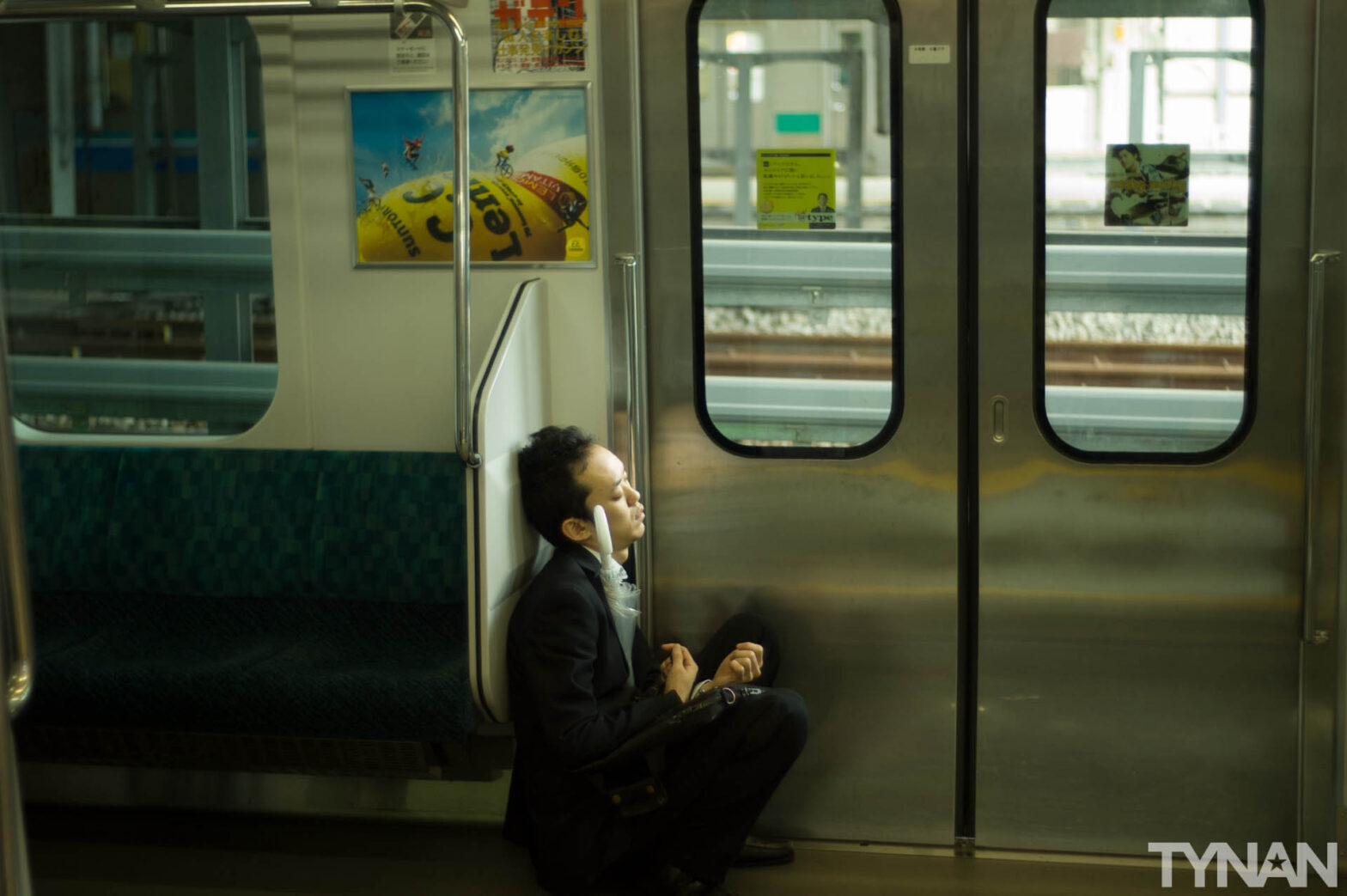I think that some might be surprised to hear how much I sleep and how important it is to me. I average right around eight hours per day (tracked for a few months), and prioritize sleep very strongly, even over most work.
Once ten pm comes around, I have four options for things I’m allowed to do: I can play violin, read a book, work, or sleep. Computer is off at midnight every day, at which point I usually read for an hour or two, and then go to sleep.
The other night I was tired at ten, but I was really excited about my work so I tried to push through and keep at it. I was stuck trying to fix something, but I managed to try five or ten solutions out before getting in bed. At the time, it felt like a good choice.
I woke up the next morning, took one look at the code, and spotted the solution instantly. Within five minutes it was fixed. Once is a fluke, but I’ve noticed this pattern over and over again with work when I’m tired– it feels like I’m working, but often I’m just spinning my wheels.
Normally when I’m tired I give myself the option: continue working or sleep. Both are equally good to me because I don’t believe that a person will naturally oversleep in the long term. When I tracked my sleep for three months I’d occasionally sleep for ten or even eleven hours, but then the next week have a coupl days where I only sleep for five or six. Without trying, it always averaged out to eight.
Just as good work is a function of both quality and quantity, good rest is also function of both quality and quantity of sleep. Here are some of my best practices for sleep:
— I keep the same schedule every day, which includes a no-screens period before falling asleep. This one change to my life took an erratic and crazy sleep schedule and made it consistent and functional.
— The only caffeine I drink is from tea, and only early in the day. Usually before noon, but always before five pm.
— I drink water before going to sleep.
— I also drink water during the day any time I feel tired. Usually it wakes me up within an hour.
— I try not to use an alarm clock. Exceptions are made for flights and early meetings.
— I sleep with ear plugs. I sometimes sleep with a sleep mask, which I think is a really good thing, but I’m not consistent about it.
— I take naps if I need them because I know that tired work is maybe 20% as effective as rested work.
— I set the thermostat to 65 degrees. There seems to be some debate about it, but I’ve seen a few studies that recommend that temperature.
— I stop eating by 9pm. I’m not confident that this matters, but not having simple carbs late is almost certainly helpful.
We definitely have a culture where lack of sleep is glorified. I think that it’s a good skill to be able to operate as well as possible on low sleep, but that doesn’t mean that that skill should be exercised regularly. By getting a full nights rest and sleeping as long as your body wants you to, you can easily overcome the raw time shortage through better focus and higher quality work.
If you want to start towards better sleep, my top recommendation is to set a specific time to turn off all screens. That one simple hard rule will have a serious positive impact on your sleep within a week, which will motivate you to try out some of the lower impact strategies.
###
Photo was a drunk salaryman in Tokyo sleeping in a squat on an otherwise empty train. Probably not great sleep…

Leave a Reply